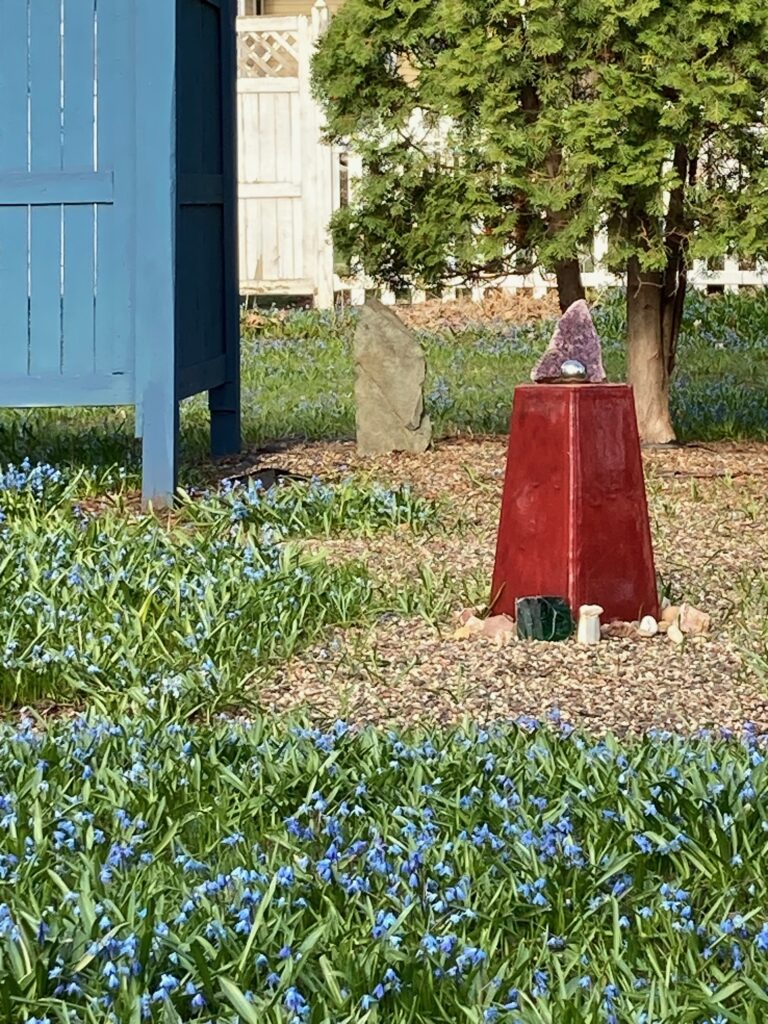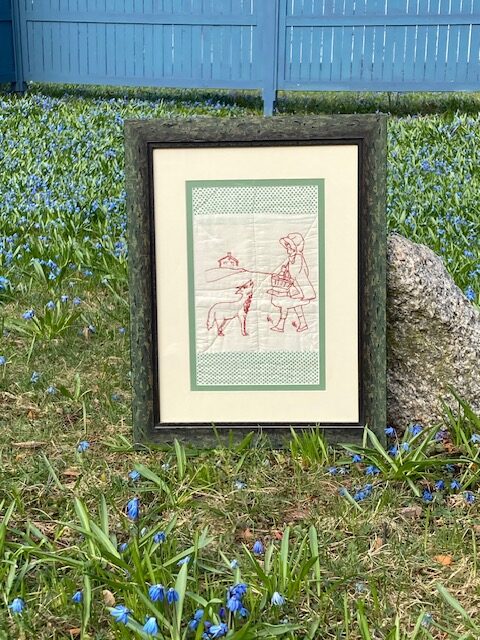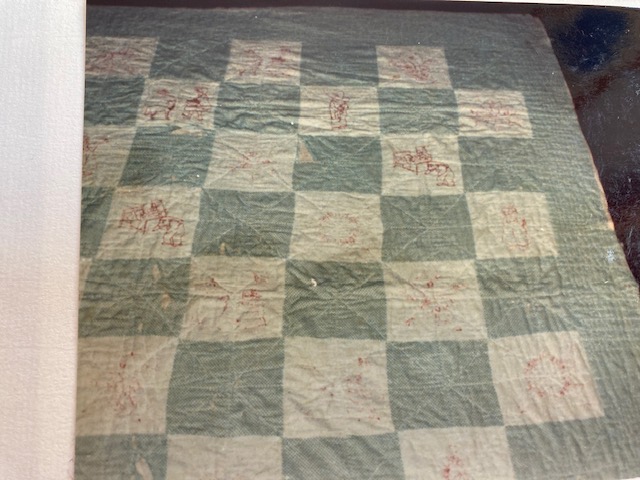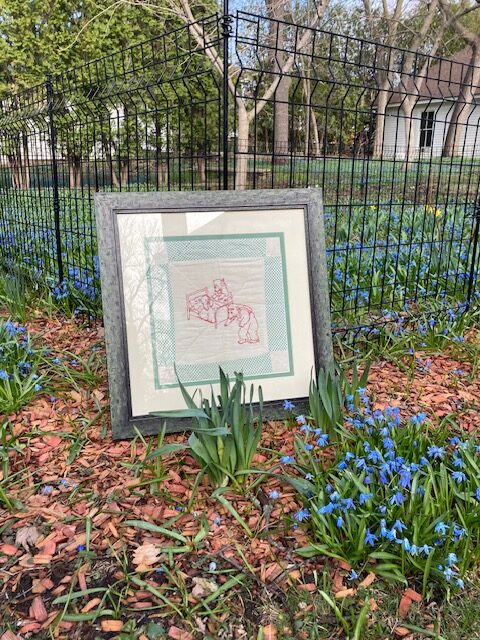
I have shared my love of Stanley Kunitz and Mary Oliver separately before on this blog. Today, I want to share one of my favorite poems of Oliver’s about her friend. Certainly gardens and poems are magic places. Maybe those who succeed in creating something transporting do have a little bit of the magician in them, at least in a fleeting way, to participate in the everyday magics of growing plants and shaping words.
Stanley Kunitz I used to imagine him coming from his house, like Merlin strolling with important gestures through the garden where everything grows so thickly, where birds sing, little snakes lie on the boughs, thinking of nothing but their own good lives, where petals float upward, their colors exploding, and trees open their moist pages of thunder - it has happened every summer for years. But now I know more about the great wheel of growth, and decay, and rebirth, and know my vision for a falsehood. Now I see him coming from the house - I see him on his knees, cutting away the diseased, the superfluous, coaxing the new, know that the hour of fulfillment is buried in years of patience - yet willing to labor like that on the mortal wheel. Oh, what good it does the heart to know it isn’t magic! Like the human child I am I rush to imitate - I watch him as he bends among the leaves and vines to hook some weed or other; I think of him there raking and trimming, stirring up those sheets of fire between the smothering weights of earth, the wild and shapeless air. Mary Oliver (Dreamwork, 1986)
Context for My Poem “Fairy Tale Quilt”:

This quilt, as the poem makes clear, was made by my grandfather’s mother, Mary Houghton Pressel, in Detroit in 1930, when she was a young and active mother. To shape the poem, I transformed history, since, as you can see, I had different images framed. To share these with you this morning, I decided to photograph them in our garden.

If you look closely, you can see the old flannel sheets peeking out on the right-hand side. As a quilter myself, and one who spent two hours yesterday in a losing battle to mend one of my own recent quilts, I am really happy to know that in some sense quiltmaking has a history in my own family.
Until tomorrow, LESLIE

